The Health Benefits and Mental Impact of Board Games
Board games are classic pastimes that connect people through shared experiences and challenges. Their popularity is growing due to their ability to create moments of joy, laughter, and closeness among players.
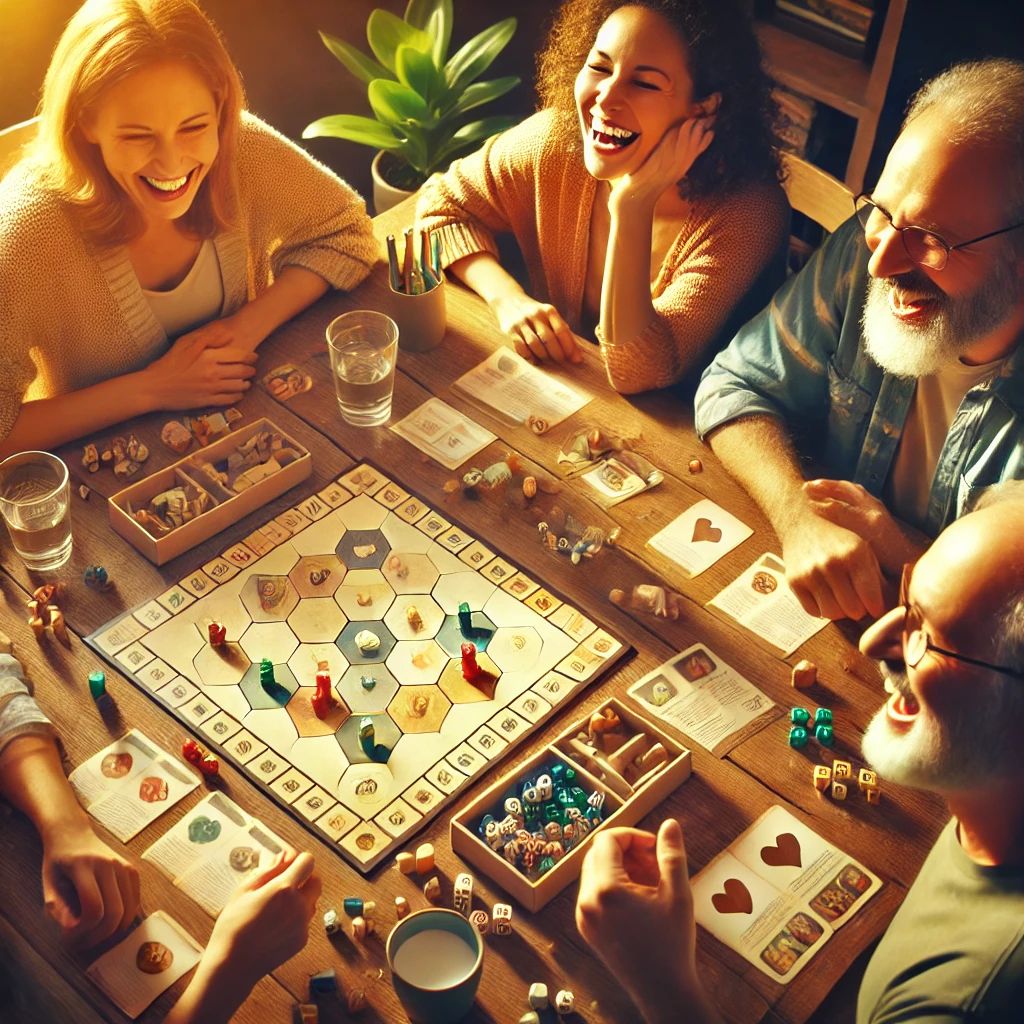
Types of Board Games
There are many types of board games, each with its own unique rules and mechanics:
Strategy Games: Such as “Chess” and “Go,” which require deep thinking and planning.
Luck-Based Games: Such as “Monopoly” and “Snakes and Ladders,” where success often depends on the roll of the dice.
Cooperative Games: Such as “Pandemic” and “Arkham Horror,” where players work together to achieve a common goal.
Card Games: Such as “Uno” and “Magic: The Gathering,” where players use cards to outmaneuver their opponents.
Health Benefits of Board Games
Playing these games offers many health benefits:
Mental Health: Playing games stimulates cognitive functions and can improve memory and focus. Strategy and problem-solving help in developing mental sharpness.
Social Interaction: Board games create opportunities for socialization, which is crucial for psychological well-being. Players learn to communicate, collaborate, and develop empathy.
Stress Reduction: Playing games can be a way to relax and reduce stress. Laughter and shared moments improve mood and lower stress levels.
Physical Benefits: Some games, especially those that require physical activity, help improve motor skills and coordination.
Impact on Mental Health
These games have a positive impact on mental health. They offer an escape from everyday stress and help create new positive memories. Playing can help combat depression and anxiety by providing emotional support and a sense of belonging.
For recommendations and a selection of board games, visit our Lifestyle Store.
Below are links to board games and their benefits:

Health Benefits of Chess: How Playing Chess Improves Your Mental Health
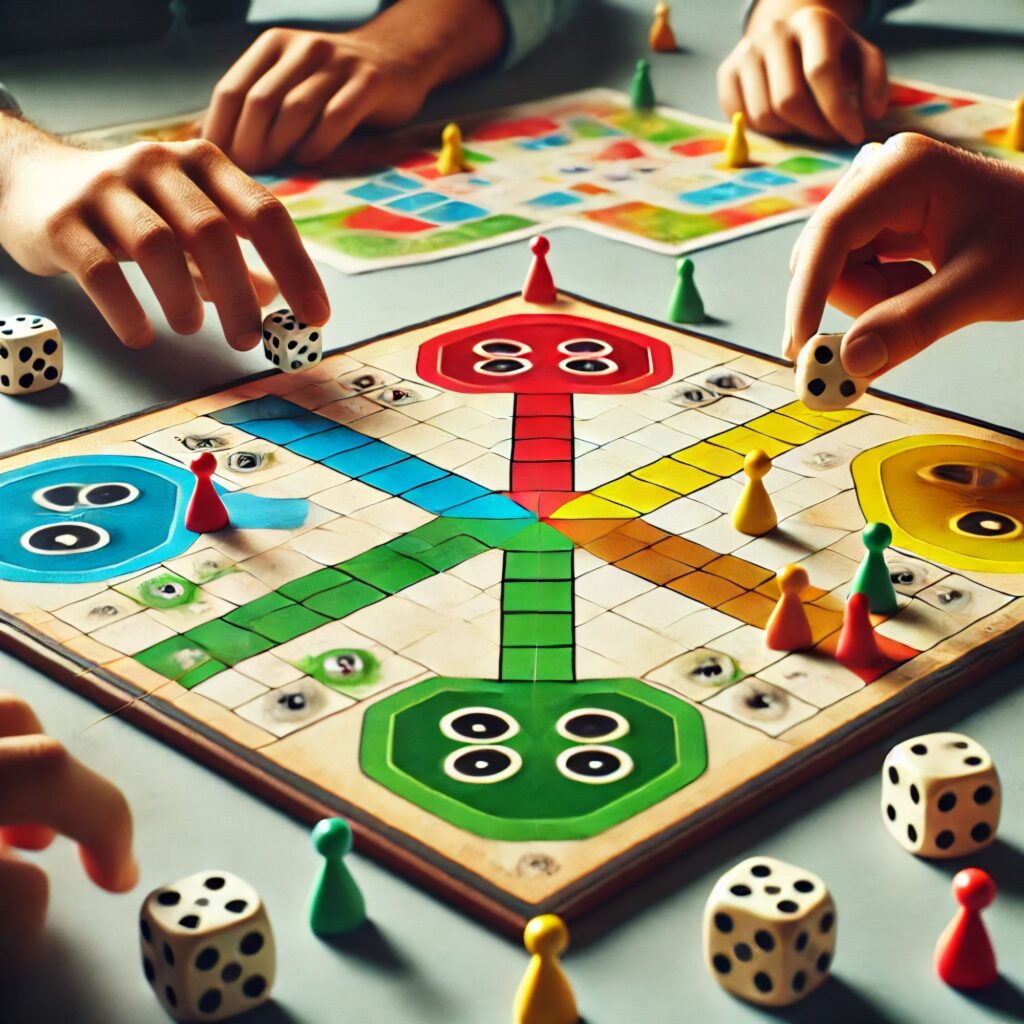
Health Benefits of “Don’t Get Angry” (Ludo): Enhancing Patience and Social Interaction

Health Benefits of Sudoku: Boosting Math and Logic Skills
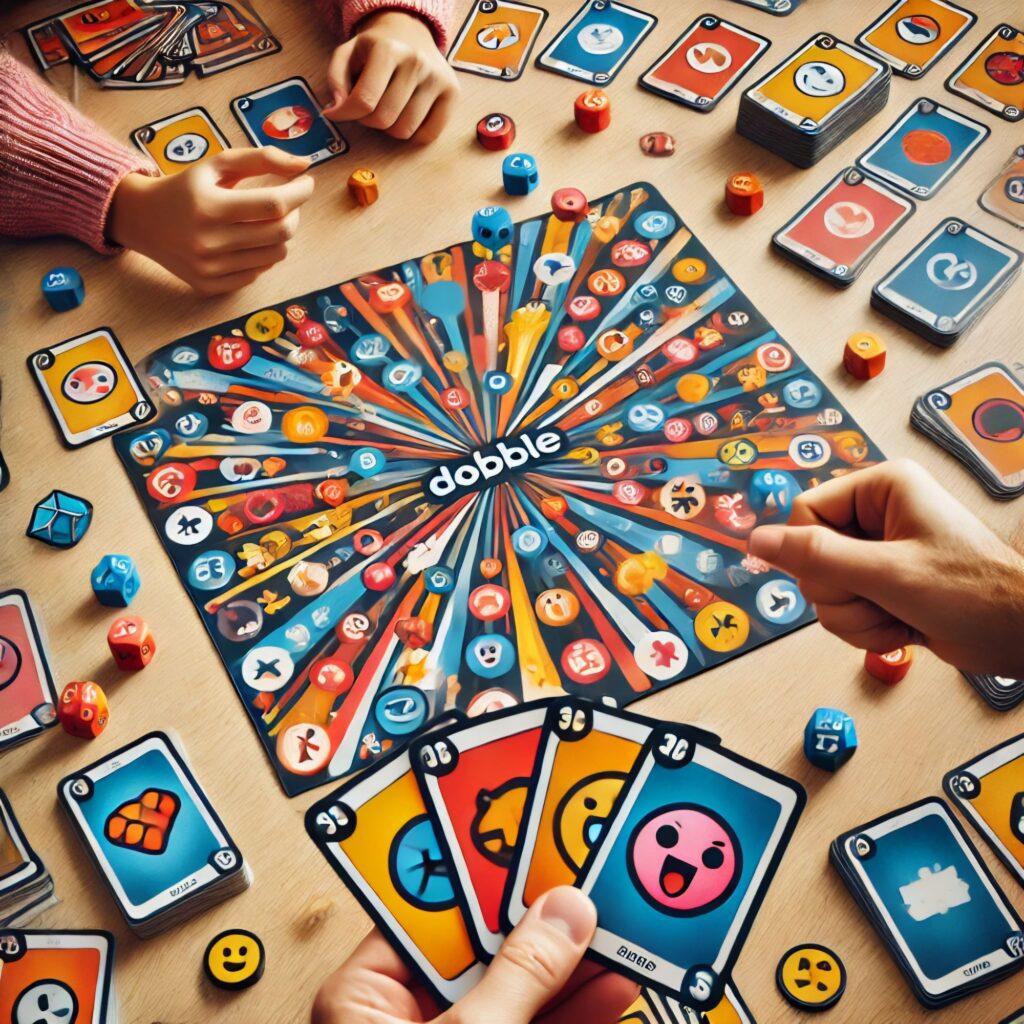
Health Benefits of Dobble: Boosting Focus and Speed

Health Benefits of The Mind: Developing Emotional Intelligence and Cooperation

Health Benefits of Codenames: Improving Communication and Teamwork
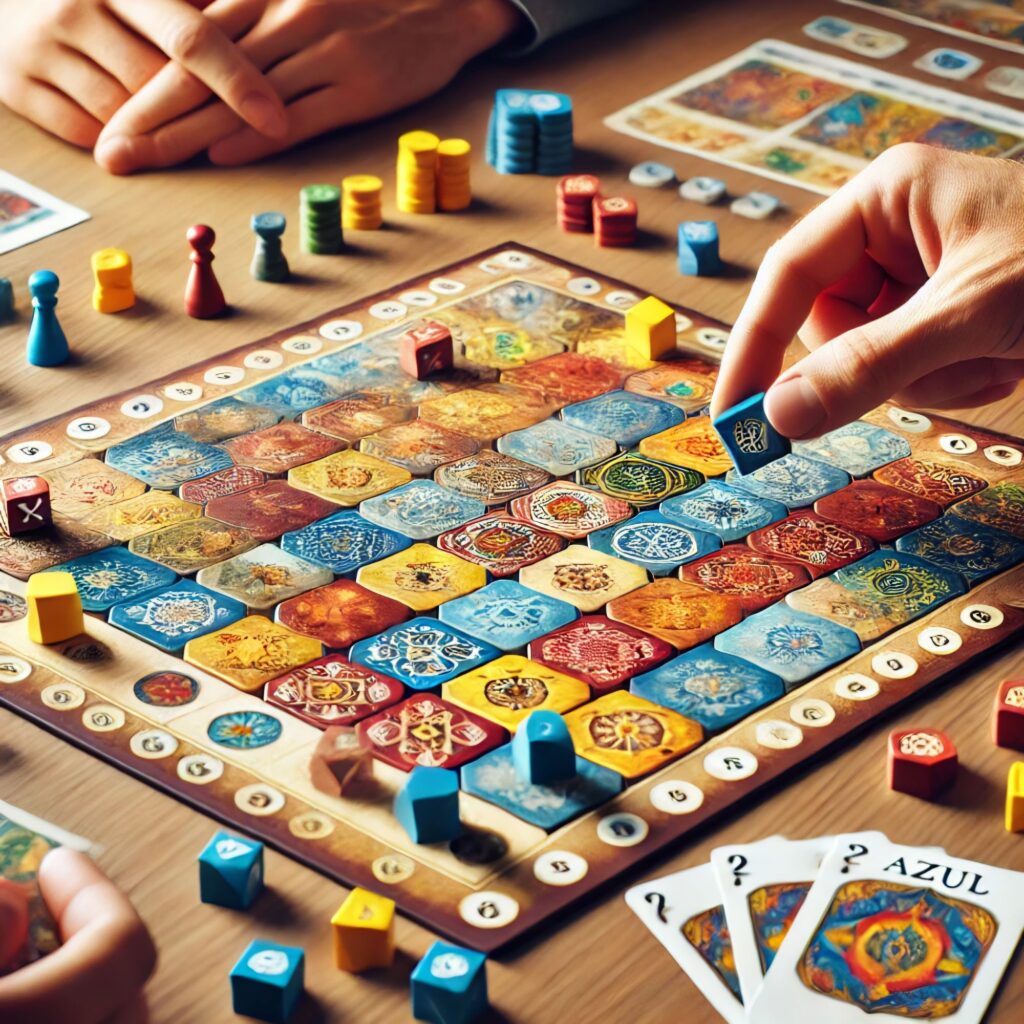
Health Benefits of Azul: Enhancing Logical Thinking and Analysis
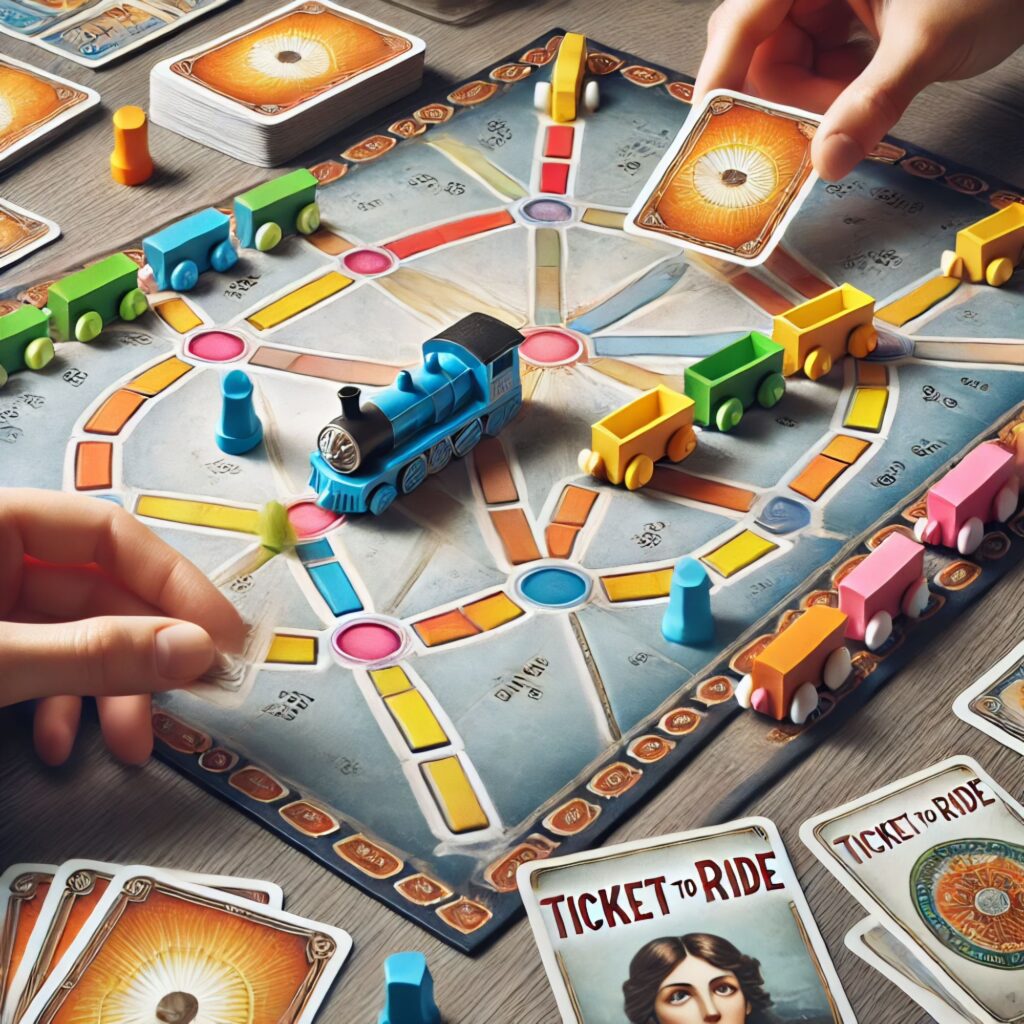
Health Benefits of Ticket to Ride: Enhancing Memory and Cultural Awareness
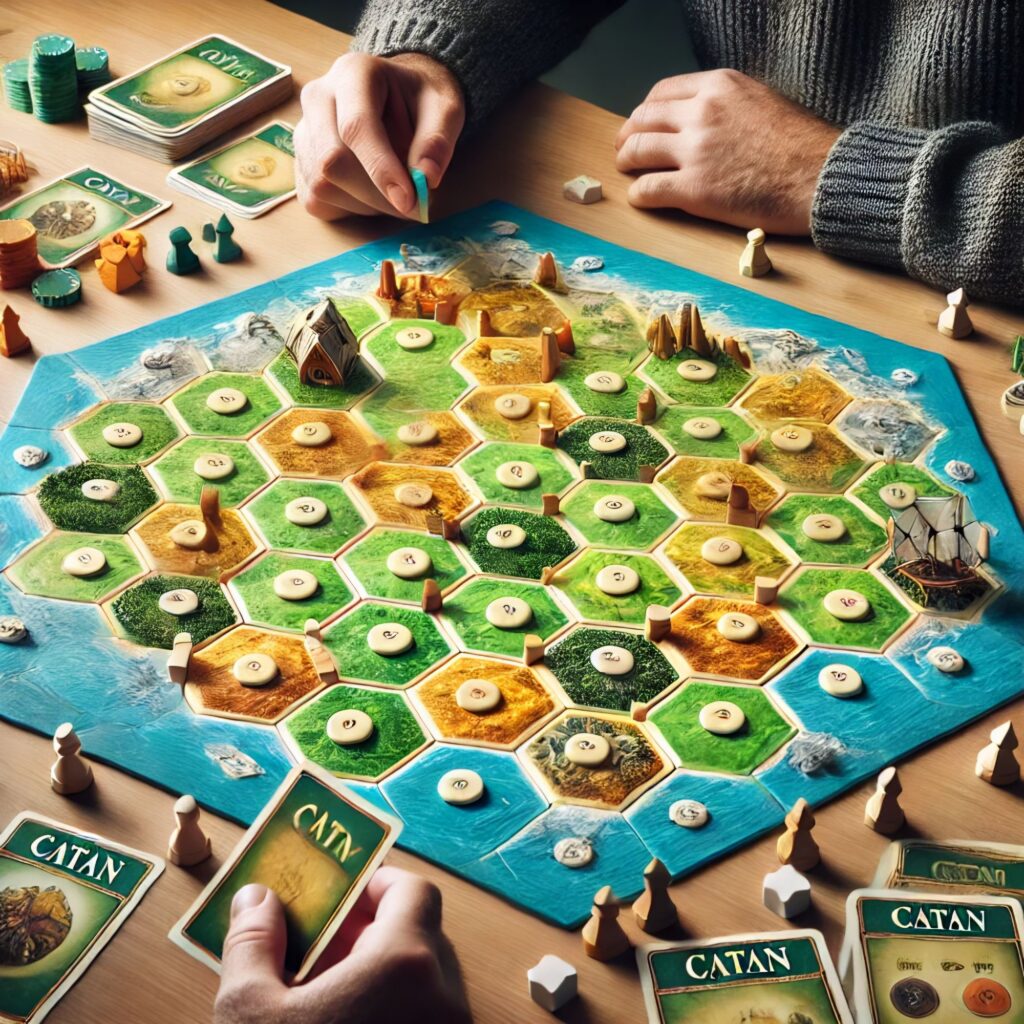
Health Benefits of Catan: Enhancing Tactical Thinking and Strategy
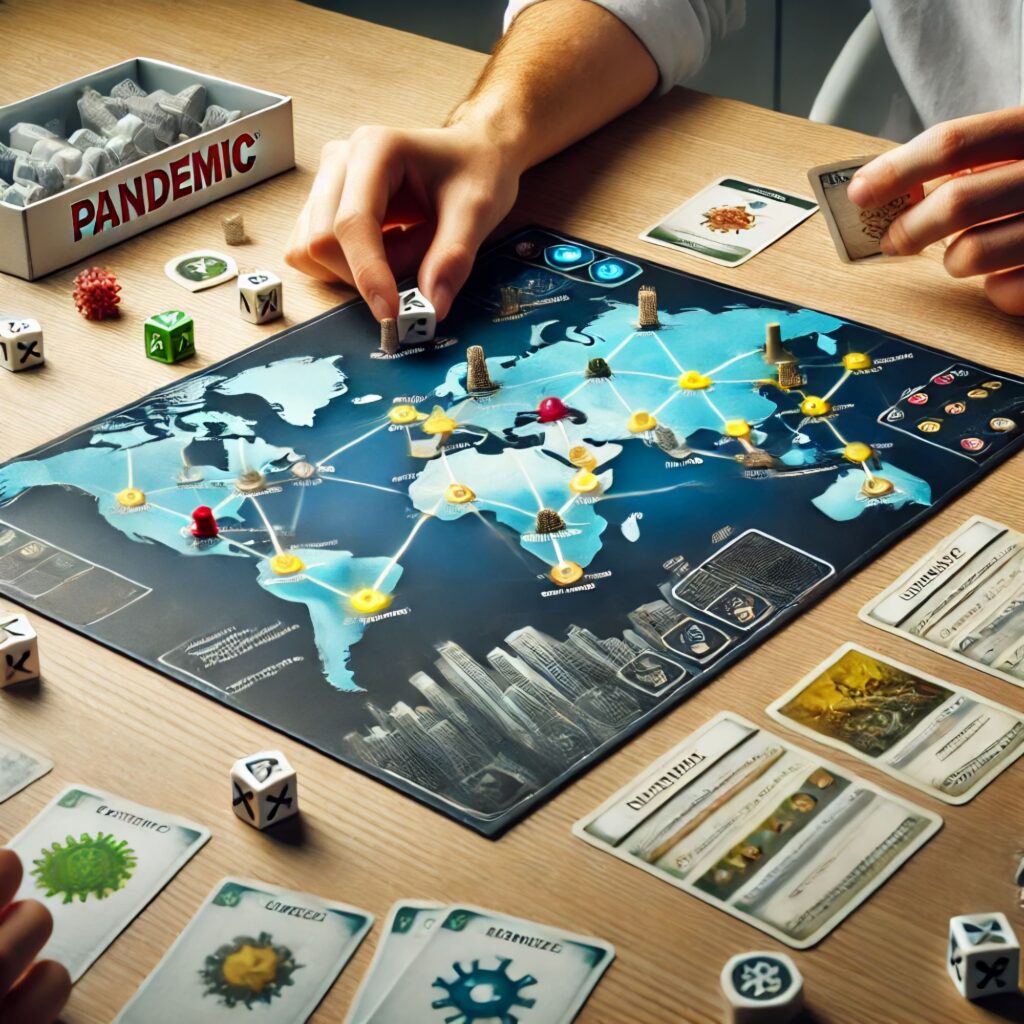
Health Benefits of Pandemic: Enhancing Cooperation and Teamwork
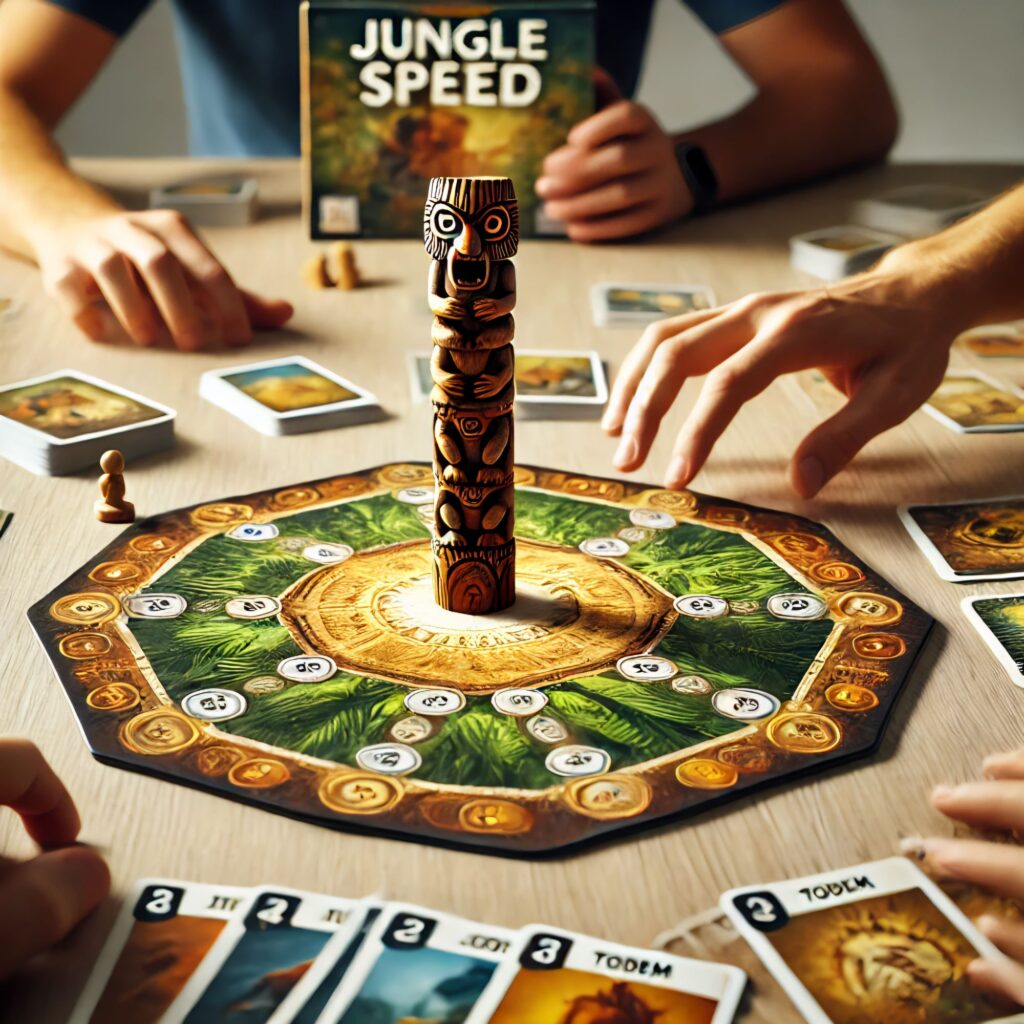
Health Benefits of Jungle Speed: Boosting Speed and Attention
More About Board Games
These games have a rich history, evolving over centuries from simple pastimes to complex forms of entertainment and education. Beyond fun and relaxation, they play a significant role in shaping cognitive, social, and emotional skills. Here’s more about their fascinating aspects:
The Origins of Board Games
The roots of board games date back thousands of years. Games like Senet from ancient Egypt and Go from China were not only recreational but also held cultural and spiritual significance. They symbolized strategy, life challenges, and even the afterlife.
How Board Games Enhance Skills
Modern board games are designed to stimulate the brain and encourage creativity. For example:
Critical Thinking: Games like Catan teach resource management and planning.
Teamwork: Cooperative games foster collaboration and shared decision-making.
Creative Expression: Games such as Dixit or Pictionary inspire imagination.
Family and Community Bonding
In today’s fast-paced digital world, these games provide an opportunity to disconnect from screens and connect with loved ones. Whether it’s a family game night or a gathering with friends, these games encourage meaningful interactions.
Educational Value
Many games are crafted to educate while entertaining. Games like Scrabble and Boggle enhance vocabulary, while math-based games improve numerical skills. For younger players, they offer an engaging way to learn problem-solving and decision-making.
The Future of Board Games
With technological advancements, these games are blending the physical and digital worlds. Augmented reality (AR) and virtual reality (VR) are paving the way for innovative gaming experiences, keeping the traditional essence alive while adding modern elements.
A Few Tips for Choosing the Right Game
When selecting a board game, consider:
1. Age Group: Ensure the game is age-appropriate for players.
2. Player Count: Some games are better suited for small groups, while others thrive in larger settings.
3. Interest and Complexity: Match the game to the players’ interests and their comfort with rules and strategies.
If you want to learn more about the health benefits of board games and their impact on your mental well-being, visit our Health Journal for more information and tips.